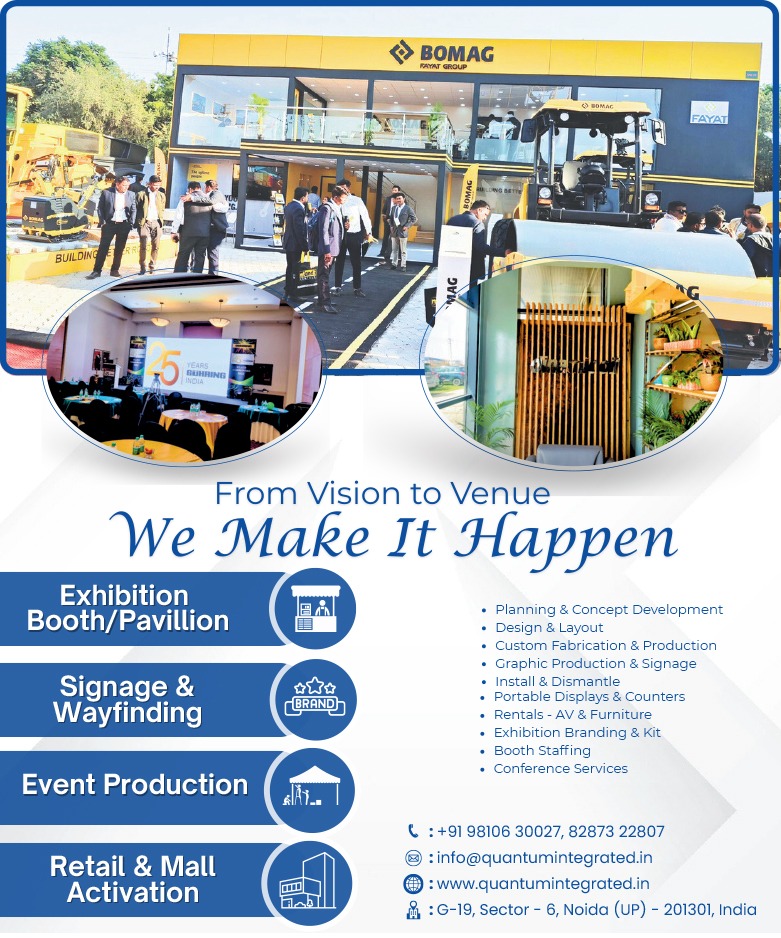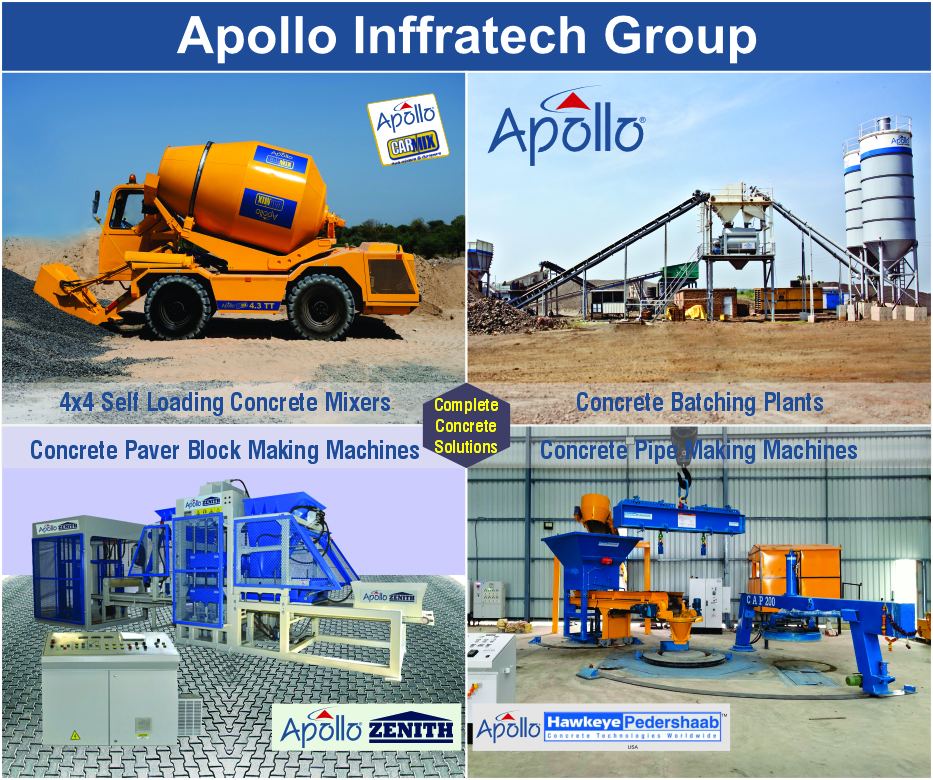Autodesk is driving a major transformation by integrating artificial intelligence into on-site construction workflows, with its India-based R&D teams in Bengaluru and Pune leading the charge. Over the past year, the company has doubled its engineering headcount in India, entrusting local teams to develop the next generation of construction technology.
A standout innovation is an AI-powered natural-language interface that interprets extensive project specifications. By posing simple questions—such as “What glazing is required for the façade?”—site managers receive instant, clause-specific answers, significantly reducing review times and preventing costly misinterpretations. In tandem, engineers have implemented algorithms within cloud-based construction management software that flag invoice patterns associated with schedule slippages, allowing teams to intervene proactively before delays escalate.
Central to these advances is Building Information Modelling (BIM), which maintains a unified, cloud-hosted dataset for every structural component—pipes, beams, electrical circuits—feeding rich, structured data into AI systems. Mandates from public agencies requiring BIM for airports and metro projects further enrich this data ecosystem, fostering continual refinement.
Robotics integration represents the next frontier. In Pune, autonomy algorithms guide quadruped robots to patrol sites, monitor progress, and identify safety hazards, while the same software enables robotic arms on factory floors to learn assembly tasks without manual programming. Innovations born in India’s labs are poised to set new global benchmarks in construction efficiency, safety, and precision.










